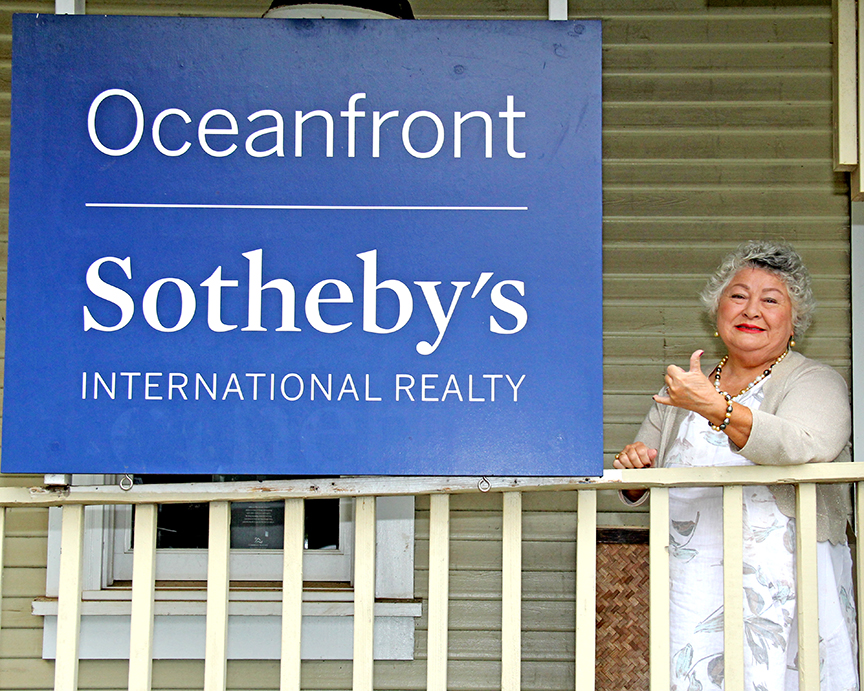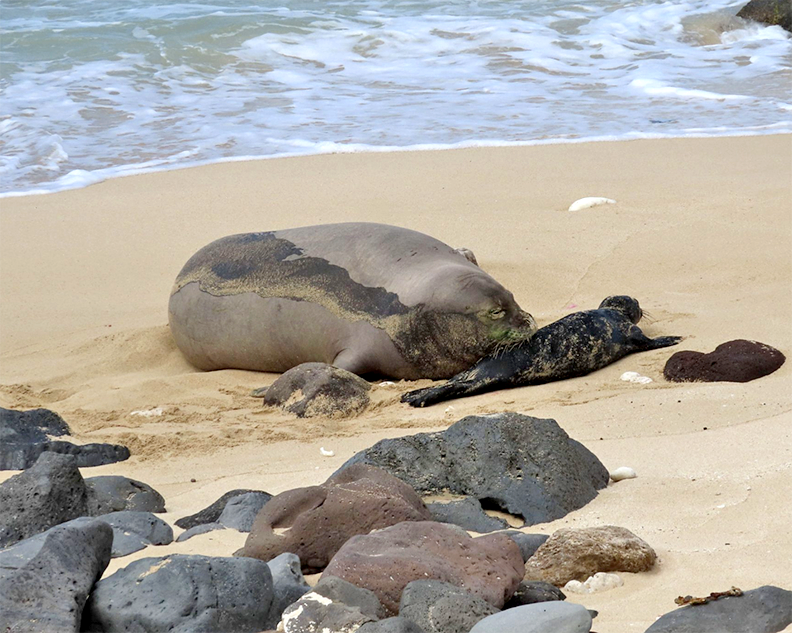In 1970 my mom’s liver failed due to alcoholism. She was hospitalized for months while my dad was in Vietnam. Luckily a neighbor was given custody and fostered the five of us, so we didn’t have to be split up. The Sears family had four children of their own; I remember sleeping bags and meals eaten from paper plates on laps, but not much else. I was 8.
Then, five years later, clean and sober, my mom became a foster parent—dad too, but it was her idea. Ours was a “way-station,” where kids in emergency situations could stay for up to two weeks. In four years over 400 teenagers came through our doors.
Were I reading this for the first time I wouldn’t believe it either. It sounds like fiction even to my ears.
With so many people living under the same roof I only remember a handful. One of my fondest memories is of a girl who shattered my 13 year-old interpretations of appearances.
The day she walked through our front door the social worker introduced her as Angel. In the mid-70s the label for girls who looked like Angel was Chola — these were the early days of gangs for our youthful suburban border town.
Angel entered stone-faced wearing pressed black pants, a black top and black trench coat. Her chunky shoes were polished to a sheen. Her face, a porcelain doll of creamy foundation held eyes impossible to see beneath thick mascaraed fake eyelashes.
I imagine her own dismay being met by five kids outfitted in cords, Hang Ten T-shirts and Wallaby loafers. And yet, within 36 hours we were all in love with this strange, exotic creature.
The bonding began in the bathroom. Angel put her lashes on my sister Suzie, who was the only one brave enough to allow glue to be drizzled across her eyelid. Then there was the night she painted Laurie’s face “Chola” style with eyeliner and baby blue eye shadow.
Angel didn’t go to our high school. Hers was on the other side of town, where there was a higher Hispanic population and a reputation for being tough. My siblings and I attended a predominantly Caucasian school.
Angel’s friends would visit, rolling up in glittery low-riders. The girls looked as formidable as Angel and the boys wore uniformly starched white button downs under flannel shirts with pressed Chinos. Some wore bandanas across the forehead slung low over the eyes. Most slicked their hair back and carried a wide comb in their back pant pocket.
The reason Angel came to foster care was because a rival gang threatened her life. Her gang would come over to hang out, talking around their cars until my dad called us for dinner at 5:30.
At that time I had a horse so I wouldn’t come home until 5 o’clock. Dad and I would pull into the driveway in our faded blue station wagon, me getting out in horse-sweat stained jeans ogling the scene — their attention to attire and the cleanliness of the cars translated as pride to me.
The foster years came up in conversation between my mom and I recently. I asked, “Why did you want to be a foster parent?”
A full minute passed before she collected her thoughts. Mom’s eyes have gone from green to blue with age and she doesn’t make eye contact when she’s trying to remember. Looking away, her head swayed to a melody I could not hear as if to thread each thought, one by one, before speaking.
“Because,” she finally said. “I wanted you to appreciate how blessed you were by being with kids with so much struggle.”
Sharing a bedroom with strangers from the age of 13 to 17 gave me time to absorb literally hundreds of life choices made by kids my age and how to maintain my inner light in spite of difficulties in the immediate environment.
Having survived mom’s drinking, and then to live in close proximity to strangers, each of us developed a deep sense of empathy. It’s no wonder my sisters and I have an unquenchable drive to rescue the wounded and all chose livelihoods in “helping” fields. One sister followed my mother’s footsteps and is in the process of becoming a foster parent.
We are compassionate contributors to our chosen communities and we have adversity to thank for it – adversity, and a mother willing to take a risk helping youth.
If becoming a foster parent is of interest to you, consider contacting Laverne Bishop at Hale `Opio Kaua`i, Inc. at 245-2873, ext. 8202.
Discover more from ForKauaiOnline
Subscribe to get the latest posts sent to your email.





Leave a Reply